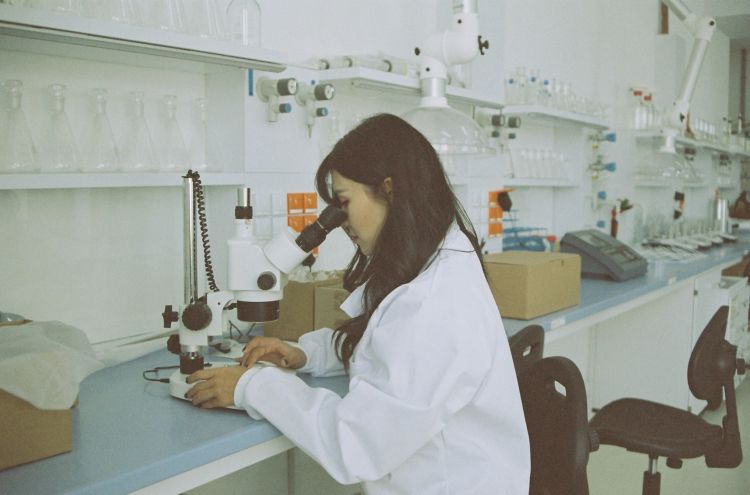GeorgiaBio to Deliver Life Science Teacher Training Program to Rural Georgia
ATLANTA — Included in Georgia’s 2020 budget signed into law by Governor Brian Kemp on May 10 are funds to support life sciences education in rural school systems through the Georgia Department of Education and the Georgia Youth Science & Technology Centers.
“The life sciences industry is a leading driver of employment nationally, but leaders express concern about the availability of a strong workforce,” said Georgia Bio President & CEO Maria Thacker-Goethe. “We need educators to be aware of the vast, high paying jobs available in the life sciences industry here in Georgia. By expanding our proven teacher trainings statewide, we will equip educators with the academic, technical, and leadership skills to meet the students’ interests and industry’s needs.”
These trainings are the first of their kind nationally and set Georgia to be a premier training location for this skilled workforce. Curriculum developed in collaboration with the Georgia Institute of Technology and University of Georgia, specifically the Center for Cell Manufacturing Technologies (CMaT), will prepare students to work in biomanufacturing and the emerging biotech industry. These hands-on applications of STEM learning will solidify what students learn in other classes, as well as provide skills required for tomorrow’s workforce. More on the programs at www.gabio.org.
Georgia Bio’s membership has been supporting these initiatives for years. Adding State support improves alignment to fuel a high growth, high income industry through educators and students in rural Georgia. Georgia Bio recently reported that employment in the life sciences industry grew by 14.9 percent between 2007 and 2017, a rate nearly twice the national average.
“The best thing we can do here in Georgia is create an ecosystem that continues to allow for a growing economy, a talented workforce and significant potential in front of it,” Lt. Governor Geoff Duncan told us recently.
Georgia Bio expresses our gratitude to the following state legislative leadership for helping to make this valuable initiative real to the benefit of all Georgians: Governor Brian Kemp, Lt. Governor Geoff Duncan, House Appropriations Chairman Terry England, Senate Appropriations Chairman Jack Hill, House Appropriations Education Subcommittee Chairman Robert Dickey, Senate Appropriations Education Subcommittee Chairman Ellis Black, Senate Agriculture Chairman John Wilkinson, and House Ethics Chairman Randy Nix.
Georgia Bio is the state’s trade association committed to driving growth in Georgia’s biosciences industry and its many sectors, including agri-biotech, food and nutrition, bio-based technologies and renewable chemicals, industrial and environmental biotech, medical devices and technologies, pharmaceuticals and consumer healthcare, diagnostics and research products, testing and research services, and clinical research. Georgia Bio members include bioscience companies, academic and research institutions, bioscience service providers, digital health companies, and related organizations. For more information, visit www.gabio.org or follow us on Twitter @Georgia_Bio.
The post GeorgiaBio to Deliver Life Science Teacher Training Program to Rural Georgia appeared first on Georgia Bio.





